Author Wolfe Tones
Grace
As we gather in the chapel here in old Kilmainham Jail
(Continues)
(Continues)
Contributed by Dq82 2024/4/8 - 13:14
Lonely Banna Strand (the Ballad of Roger Casement)
Anonymous
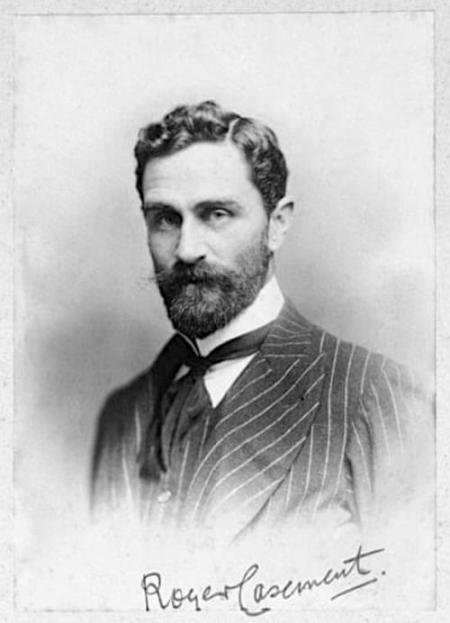
"Roger David Casement (1864 – 1916) was a humanitarian campaigner and an Irish patriot, poet, revolutionary, and nationalist. He was a British consul, famous for his reports and activities against human rights abuses in the Congo and Peru and also for his dealings with Germany before Ireland’s Easter Rising in 1916. An Irish nationalist and Parnellite in his youth, he worked in Africa for commercial interests and later in the service of Britain. However, the Boer War and his consular investigation into atrocities in the Congo led Casement to anti-Imperialist and, ultimately, to Irish Republican and separatist political opinions. He sought to obtain German support for a rebellion in Ireland against British rule. Shortly before the Easter Rising, he landed in Ireland and was arrested. He was subsequently convicted and executed by the British for treason. His remains were buried in the yard... (Continues)
It was on Good Friday morning, all in the month of May.
(Continues)
(Continues)
Contributed by Dq82 2024/3/9 - 10:22
Song Itineraries:
Conflicts in Ireland
Skibbereen
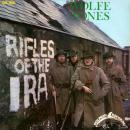
“Ohh Ahh Up the ‘Ra” (Celtic Symphony) seconda in classifica
Gianni Sartori
Qualcuno ha già parlato di “effetto Streysand”.
A volte capita di ottenere esattamente l’effetto contrario di quanto ci si proponeva.
Per esempio voler cancellare, reprimere un evento, ma in realtà favorirne la diffusione.
Un esempio da manuale quanto sta accadendo con la “Celtic Symphony” nella versione del gruppo irlandese “The Wolfe Tones”. Incriminata per il ritornello “Ohh Ahh Up the ‘Ra” inteso come un omaggio all’IRA (Irish Republican Army).
I fatti risalgono a circa due mesi fa quando la squadra femminile della Repubblica d’Irlanda aveva intonato l’inno per festeggiare la vittoria sulla Scozia (1 a 0) alla Coppa del Mondo. Registrando il tutto in un video destinato a suscitare scandalo e indignazione in Gran Bretagna.
A quanto sembra si sta ancora indagando in merito, ma nel frattempo la canzone ha... (Continues)
Gianni Sartori
Qualcuno ha già parlato di “effetto Streysand”.
A volte capita di ottenere esattamente l’effetto contrario di quanto ci si proponeva.
Per esempio voler cancellare, reprimere un evento, ma in realtà favorirne la diffusione.
Un esempio da manuale quanto sta accadendo con la “Celtic Symphony” nella versione del gruppo irlandese “The Wolfe Tones”. Incriminata per il ritornello “Ohh Ahh Up the ‘Ra” inteso come un omaggio all’IRA (Irish Republican Army).
I fatti risalgono a circa due mesi fa quando la squadra femminile della Repubblica d’Irlanda aveva intonato l’inno per festeggiare la vittoria sulla Scozia (1 a 0) alla Coppa del Mondo. Registrando il tutto in un video destinato a suscitare scandalo e indignazione in Gran Bretagna.
A quanto sembra si sta ancora indagando in merito, ma nel frattempo la canzone ha... (Continues)
Gianni Sartori 2022/11/17 - 10:17
The Ballad of Joe McDonnell
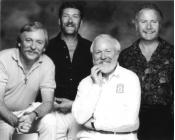
Oh, me name is Joe McDonnell, from Belfast town I came
(Continues)
(Continues)
2022/9/22 - 16:00
A Nation Once Again
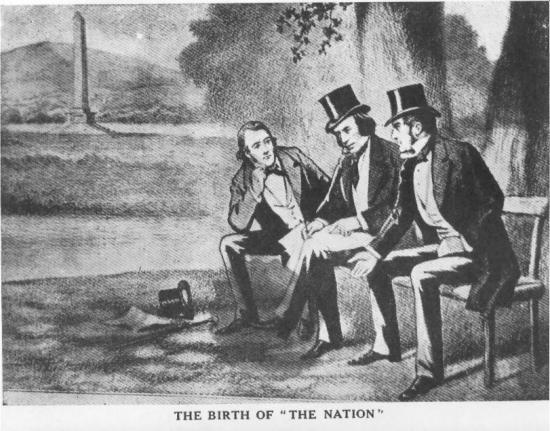
"A Nation Once Again" is a song, written in the early to mid-1840s by Thomas Osborne Davis (1814–1845). Davis was a founder of Young Ireland, an Irish movement whose aim was the independence of Ireland.
Davis believed that songs could have a strong emotional impact on people. He wrote that "a song is worth a thousand harangues". He felt that music could have a particularly strong influence on Irish people at that time. He wrote: "Music is the first faculty of the Irish... we will endeavour to teach the people to sing the songs of their country that they may keep alive in their minds the love of the fatherland."
"A Nation Once Again" was first published in The Nation on 13 July 1844 and quickly became a rallying call for the growing Irish nationalist movement at that time.
The song is a prime example of the "Irish rebel music" subgenre. The song's narrator dreams of a time when Ireland... (Continues)
When boyhood's fire was in my blood
(Continues)
(Continues)
Contributed by Lucone 2020/12/31 - 01:21
Song Itineraries:
Conflicts in Ireland
×
![]()

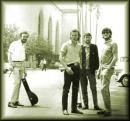
The song was written by brothers Frank & Sean O'Meara
Jim McCann, who often played with The Dubliners had the most success with it, but it was also sang by The Wolfe Tones, John McDermott, Barleycorn, and Anthony Kearns to name but a few singers. And at least also Andrea Rock & the Rebel Poets in their Ep "Mnà" (Women).
It was written about Joseph Plunket and Grace Gifford who married hours before Joseph was executed for his part in the 1916 rising in Dublin
Tom Clarke was a source of inspiration in the Post Office.
There was Joseph Plunket, pale and weak having come directly from the hospital where he had just undergone an operation.Joseph was shot seated, as he was too ill to stand for the firing squad.
He struggled to be with his comrades on that eventful morning. Margaret Skinnider said he looked like death and he met his death a few days later, not a natural one but... (Continues)